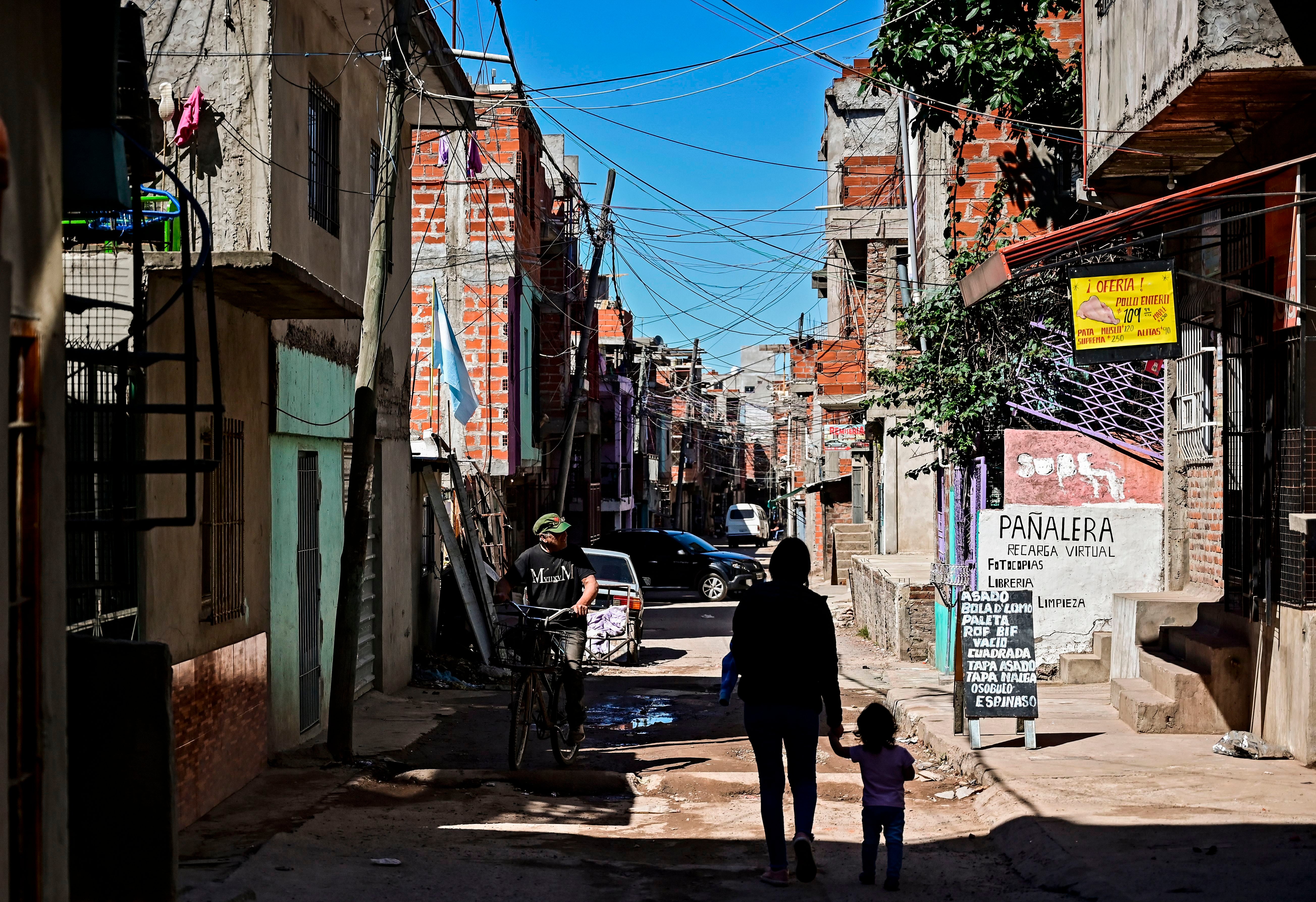Argentina introduces new tax on rich to help pay for Covid relief
Levy affecting some 12,000 people to fund health supplies, business support, social aid and scholarships

Argentina has imposed a one-off “millionaires’ tax” in order to pay for coronavirus relief and other measures aimed at addressing deepening inequality.
Citizens whose wealth exceeds 200 million pesos (£1.67m) will be legally required to pay up to 3.5 per cent on assets declared domestically, and up to 5.25 percent on assets held abroad.
The law, which came into effect on Friday, will apply to some 12,000 people in the country where some 40 per cent of its 44 million inhabitants are thought to live below the poverty line.
Centre-left president Alberto Fernandez’s government hopes to raise nearly £2.2bn with the tax.
Approved by Argentina’s senate in December by a vote of 42 to 26, the legislation states that these proceeds will be used to buy medical supplies (20 per cent), support small and medium enterprises (20 per cent), create scholarships (20 per cent), fund social aid (15 per cent) and provide natural gas to people living off-grid (25 per cent), Agence France-Presse reports.
The government will now begin calculating and claiming the amounts owed by individuals, according to The Buenos Aires Times.
Argentina’s economy has been in recession since 2018 and has been battered by the pandemic currently gripping the nation – which in October became the fifth country to surpass one million known cases.
While poverty levels were already labelled a “scandal”, the government’s biannual poverty statistics show that the poverty rate rose to 40.9 per cent in the first half of 2020 – up from 35.5 per cent six months prior.
And with the government having struck a deal with its creditors in August to restructure some $65bn in foreign debt, limiting its ability to fund poverty alleviation initiatives, economists had warned politicians would need to explore previously untested routes out of the crisis.
However, the new tax has been criticised as “confiscatory” by members of the centre-right Juntos por el Cambio opposition coalition, while the Argentine Rural Society – which advocates for large farmers, upon whom Arentina’s economy is heavily dependent – reportedly fears the tax becoming permanent.
But it was heavily praised by Oxfam, which cited the “practical and necessary” levy as having “shown the way” for other countries to follow.
In a report called “The Inequality Virus”, based on a survey of 295 economists from 79 countries, it warned the world’s poorest “could need over a decade to recover from the economic impact” of Covid-19, while the world’s 10 biggest fortunes have grown by $500bn.
The charity called for a temporary tax on “excess” profits made by the 32 global corporations that have gained the most in 2020 – which it calculated could have raised £76bn.
“This would be enough to provide unemployment benefits for all workers and financial support for all children and elderly people in low and middle-income countries,” it said.
Join our commenting forum
Join thought-provoking conversations, follow other Independent readers and see their replies
Comments


Bookmark popover
Removed from bookmarks